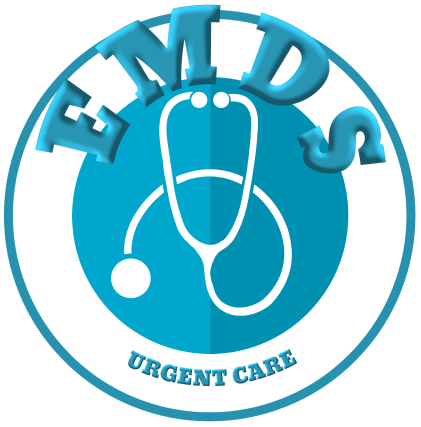Health care professional services use technology in many ways to give patients better experiences. One way that health care clinics are using technology is by implementing electronic health records (EHRs). EHRs allow health care professionals to easily access and update patient information, which can help improve the quality and accuracy of care. This can also be beneficial for patients, as it allows them to have a complete and up-to-date record of their health care history that can be easily shared with other health care professionals.
Another way that health care professional services are using technology is through the use of telemedicine. Telemedicine allows patients to have virtual consultations with health care professionals, which can be especially helpful for those living in rural areas or for patients with mobility issues. This can save patients time and financial resources, as they do not have to travel to the clinic for a consultation.
Health care clinics are also using technology to improve the patient experience in other ways. For example, many clinics have implemented online appointment scheduling, which allows patients to easily schedule appointments without having to call the clinic. This can save time and reduce wait times for patients.
Additionally, some clinics are using mobile apps to provide patients with access to their individual health information, as well as tools to manage their health, such as medication reminders and fitness tracking.
Overall, technology is playing a critical step in improving the patient experience with health care professional services. By implementing electronic health records, telemedicine, online appointment scheduling, and mobile apps, health care clinics are able to provide patients with better care and more convenient access to health care services. This can lead to improved health outcomes and a better overall experience for patients.

